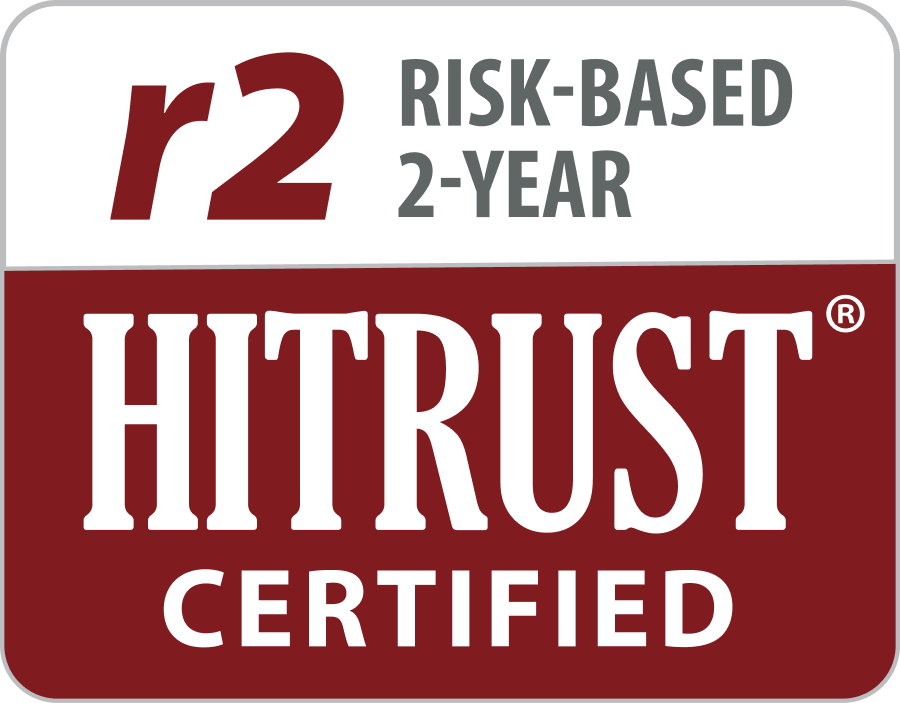Serving as Senior Product Lead for Octave’s MRI Insights Program is a real privilege for
me. With a background in neuroimaging research, I have always loved looking at brain
images and have long held a fascination with how changes in a person’s brain can
impact their everyday life. Understanding brain change is critical for physicians who
treat patients with multiple sclerosis; MRI brain scans are significant inputs for these
physicians to develop treatment plans, with the hope of slowing progression and
reducing disability.
In my role at Octave, I advocate for the needs of both patients and doctors around MRI
and translate those needs into technical and product requirements for the Octave MRI
Insights solution. I often find myself in the center of everything because I collaborate
with data scientists, engineers, MRI techs and neuroradiologists in developing MRI
Insights.
Through conversations with neurologists, I know how important it is to understand
whether their patients are disease stable or disease active/ progressing because that
information drives updates about the success or failure of current treatment, including
disease modifying therapies (DMTs). I am always thinking about what data we can pull
from MRI images to provide MS patients and their doctors with accurate, quantitative,
objective information that not only enables better treatment plan decisions, but also
makes the most of the time and effort invested by the patient going through the MRI
procedure.
Cutting-edge Technology Combined with High-Level Human Expertise
At Octave, we deliver a more informed MRI solution (MRI Insights) by combining
advanced technologies, such as artificial intelligence (AI) and image standardization
with the human expertise and insights of highly skilled, MS-expert neuroradiologists.
We are fortunate that our neuroradiologists are not only passionate about helping
patients, but also believe in the power of technology and are willing to push the
envelope to integrate cutting-edge MRI advances into standard clinical practice.
To give you a sense of the impact MRI Insights can have, I’d like to share what is
currently common practice. Typically, radiologists interpret MRI scans visually,
mentally keeping track of changes compared to the patient’s previous scans, looking
for enhancing lesions and signs of blood-brain barrier breakdown and noting any new
lesions. For patients with large numbers of lesions, interpreting a brain MRI can be a
challenging task.
Octave’s MRI Insights Program raises the bar by starting with technology. Using a
protocol based on recommendations from national and international MS consortiums
and patient advocacy groups, we standardize images so that the current MRI scan
aligns with previous scans. We’ve designed the program to be as flexible as possible to
work with images of varying resolution, and we process older scans through our
processing stream to get as far back a baseline as possible. Combined with longitudinal
reporting to track changes over time, MRI Insights creates a visual heat map
highlighting what has changed since the last MRI. The technology also quantifies the
number of lesions and provides counts for those that are new, enlarging or shrinking.
With technology-enabled data in hand, our neuroradiologists are well equipped to
deploy their expertise to evaluate changes in lesion locations and their meanings in
terms of the patient’s clinical history, stability, disease activity and disease
progression.
Octave conducted a study and found that neuroradiologists who used Octave’s tools
were able to detect new or enlarging lesions that they had previously missed using
only visual interpretation in 44 percent of enrolled patients. Additionally,
neuroradiologists showed improved interpretation times.
Meaningful Reporting
Aside from the quality of MRI interpretation, the way that the information is reported
to neurologists has been shown to impact treatment decisions. With no brain MRI
standard reporting structures in place, it can be difficult for doctors to find the
information they need when reports are presented as unstructured prose. Studies
have shown that neurologists are inclined to “stay the course” regarding treatment
decisions when faced with unclear or ambiguous MRI reports.
To ensure our MRI reports convey information effectively, Octave had ongoing
dialogues with MS neurologists on how to optimize information presentation in the
MRI report. We organized the format and layout of the report so that the important
information stands out: (i) measures of disease activity, and (ii) measures of disease
progression. From there, the doctor is able to reference supporting data and dive
deeper into factors impacting the evaluation.
The MRI Insights report includes graphics to represent lesion changes over time and
provide additional context for the report. While it’s easy to see big changes in the
number of lesions or lesion sizes, longitudinal reporting enables patients and their
doctors to see how even small changes in lesions that may not immediately appear
impactful can add up over time.
Empowering Better Decision-Making
MRI images epitomize the saying that “a picture is worth a thousand words,” though a
typical MRI brain scan might have 100 pictures! While standard-of-care imaging does
its best to answer the questions neurologists have about the patient’s MS progression,
Octave’s singular focus on MS enables it to bring together evidence-based research,
image harmonization, quality control, data standardization, structured reporting, AI
technologies and human expertise to markedly improve the quality and interpretability
of the information contained in these pictures to the ordering physician. This focus
allows Octave the unique ability to provide the highest quality radiological care to any
patient with MS, regardless of the location of the MRI imaging center.
Giving patients improved agency to make decisions through better information is life
changing. At Octave, we believe that access to better information should be available
to all MS patients, not just those who are treated at high-level academic centers or in
clinical trial settings. I see the impact that quantitative, objective data has on care
decisions and am passionate about bringing that impact to patients. I’m so proud to
be part of the MRI Insights team where I can contribute to helping patients maximize
the utility of MRI.



